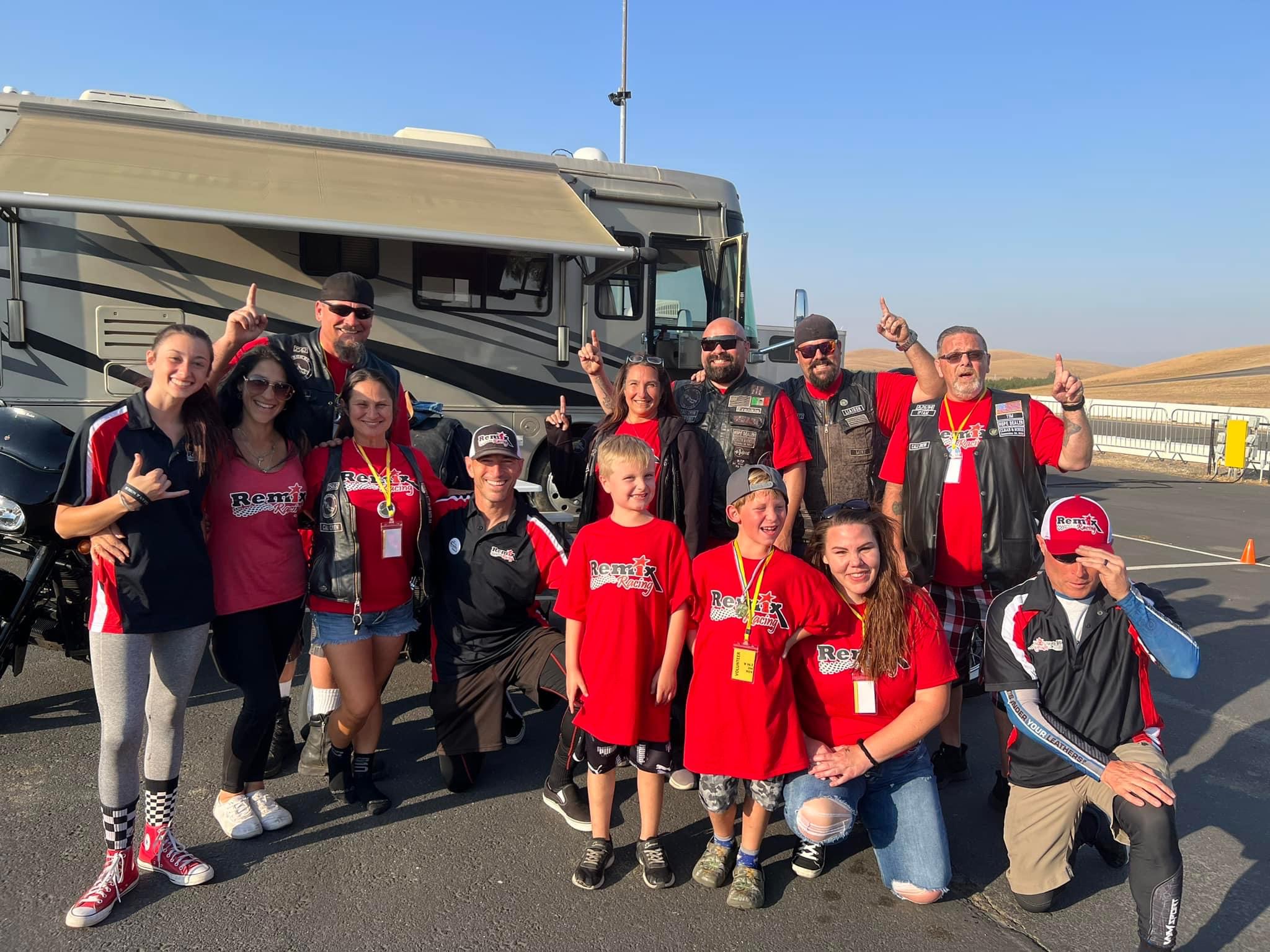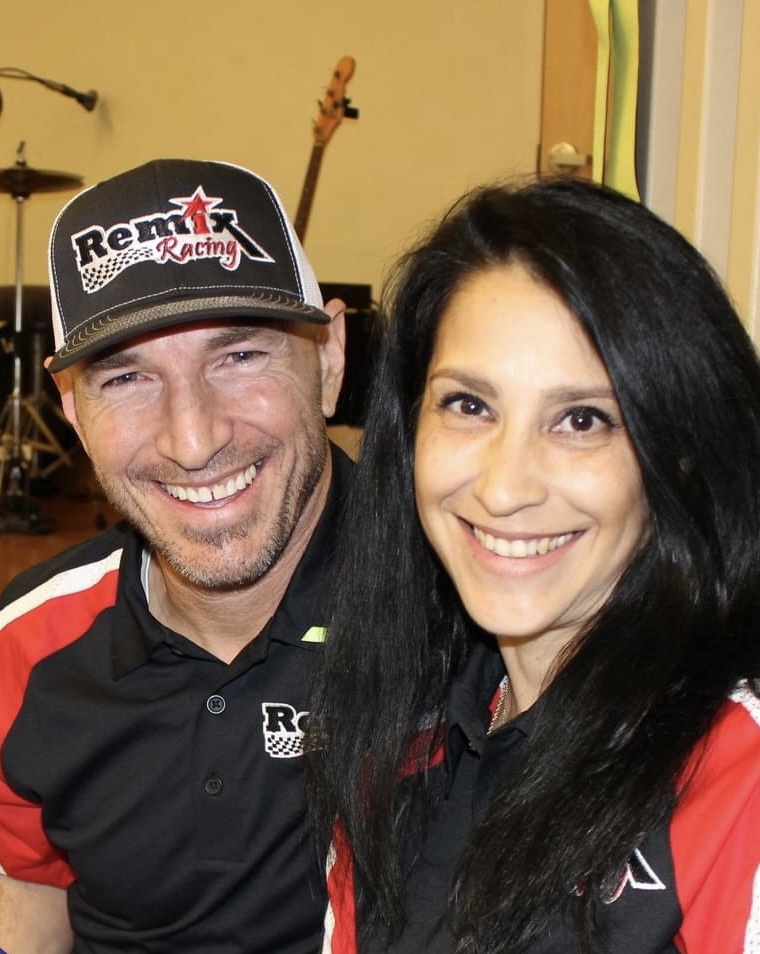Alright – so today we’ve got the honor of introducing you to Jeremy Taubman. We think you’ll enjoy our conversation, we’ve shared it below.
Jeremy, thanks for joining us, excited to have you contributing your stories and insights. Can you open up about a risk you’ve taken – what it was like taking that risk, why you took the risk and how it turned out?
Since beginning my recovery from addiction on January 29, 2003, I have proudly and openly shared my story with anyone who wanted to know the real me—baggage and all. With the publication of my book, Remix Recovery: Leading a Brave Space, I took that openness to another level, essentially announcing to the world that I have a history of addiction. In doing so, I knowingly risked the negative judgment and discriminatory treatment that people like me have faced for generations.
Still, I firmly believe that one of the most powerful ways to fight mental health and addiction stigma is to normalize conversations about these issues—to bring them into the light, where stigma dies. And that risk has been paying off. Many readers of my book, inspired by my journey, have begun sharing their own stories boldly and without shame.
Together, we are slowly but surely building a coalition and a chorus of voices, amplifying a message of hope for anyone still hiding in the shadows, fearful of stigma and discrimination should their truth be revealed. There is still much work to do, but I am deeply grateful that my own journey has given me the freedom to live authentically. My greatest hope is to inspire others to join me on this path.

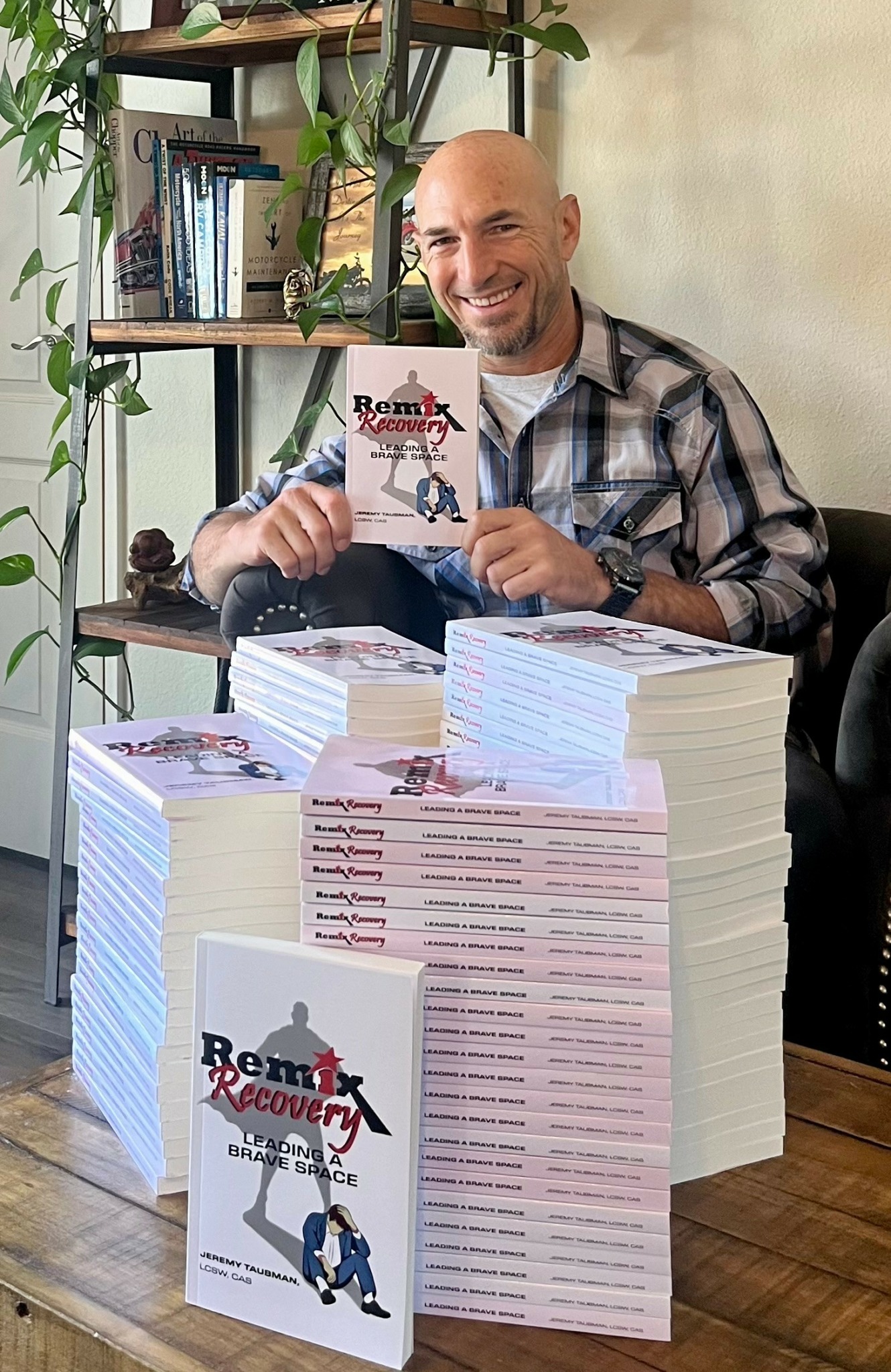
Jeremy, before we move on to more of these sorts of questions, can you take some time to bring our readers up to speed on you and what you do?
As a person in recovery from a devastating drug addiction, and having struggled with mental health conditions throughout my life, I felt compelled to enter the human and social services field as a way of paying forward the compassionate support I received while embarking on my lifelong healing journey. I was fortunate to experience the judgment-free kindness of some who recognized my worth and potential, yet I also endured the cruel discrimination of many who could not see beyond the life I had chosen to leave behind.
Early in my new career, it became painfully clear that stereotypes and stigma were pervasive in healthcare, just as they were in the community, serving as a significant barrier to treatment and other forms of support. After all, who would risk asking for help if it meant being subjected to shaming, criticism, and discriminatory treatment? I realized that fighting mental health and addiction stigma was at least as important—if not more so—than investing in the highest-quality care models and my own professional skills. In other words, what good is treatment if people are too afraid to seek it?
Fighting stigma, particularly within healthcare, became my personal mission. I was fortunate to connect with others who share this passion, and I have built a substantial coalition of like-minded advocates. Still, there is always more work to be done.
In early 2023, I co-founded a nonprofit organization dedicated to combating mental health and addiction stigma: The Remix Racing Project. I had been a motorcycle enthusiast since childhood and a competitive racer for several years. Riding and racing motorcycles became an important part of my recovery journey—what I often call “throttle therapy.” More than the act of riding itself, it was the sense of belonging to a community of individuals who shared this passion that proved deeply therapeutic. I discovered that many in this community, like me, had histories of mental illness or addiction and were drawn to motorcycles for similar reasons. The Remix Racing Project was born from this realization, originally intended to create a brave space within the motorcycle community where people could feel comfortable in their own skin, regardless of the baggage they carried.
To our pleasant surprise, the concept quickly gained traction—not only among motorcyclists but also in the broader community. Our unique, “remixed” approach to carrying our message began drawing the attention of other organizations promoting mental health and addiction recovery awareness, as well as the individuals they served. Before long, we had built a network of support and a fast-growing interest in our mission. It became clear that we had both an opportunity and an obligation to expand beyond our origin story and cast a wider net.
In July 2024, I published Remix Recovery: Leading a Brave Space, a culmination of evidence-based practices, established models of care, and two decades of lived experience. The book outlines a reimagined way of healing from mental illness and problematic substance use. It also serves as the guidebook for Remix Recovery, a new type of peer-led, mutual self-help support group launched shortly after the book’s release. While still small in number, Remix Recovery groups are growing steadily, attracting individuals who are discovering a new path to recovery and joining our expanding community. The book, its concepts, and the support groups are not tied to motorcycles; instead, they provide one of the most inclusive, warm, and welcoming experiences available to anyone struggling with mental health or addiction—whether they love motorcycles, dislike them, or feel indifferent.
The mission of The Remix Racing Project is to fight mental health and addiction stigma by raising awareness, smashing stereotypes, and creating brave spaces for people living with these challenges. Everything we do is in service of this mission, including the book and our support groups. Having the privilege to help build a healing community, a coalition of advocates and ambassadors, and a fellowship of individuals learning to lead growth and positive change in their own lives and the lives of others has been the most rewarding experience I could have imagined. It also carries with it the responsibility to live by the principles I promote—to practice what I teach. While I don’t typically introduce myself to strangers as a person in addiction recovery with mental health challenges, I believe that normalizing conversations about these issues and sharing my lived experience can be one of the most powerful ways to advance our mission. Stigma thrives in the shadows and dies in the light.
I have personally faced stigma, judgment, and discrimination because of my past. While I am not proud of that past, I am also not ashamed of it. As part of the stigma-fighting movement, I feel a profound duty to lead by example. In the right settings, with the right audiences, I have learned that the risk of negative judgment or discrimination is outweighed by the value of normalizing conversations about mental health and addiction. This dialogue is a critical mechanism for breaking down stigma and removing barriers to life-saving treatment and support. I am more than my history of addiction and mental illness, yet those experiences remain integral to my identity and my story. I strive to live authentically, without shame or apology. Not surprisingly, the more I take that risk, the more others step forward to amplify this stigma-fighting message and join our growing community and movement.
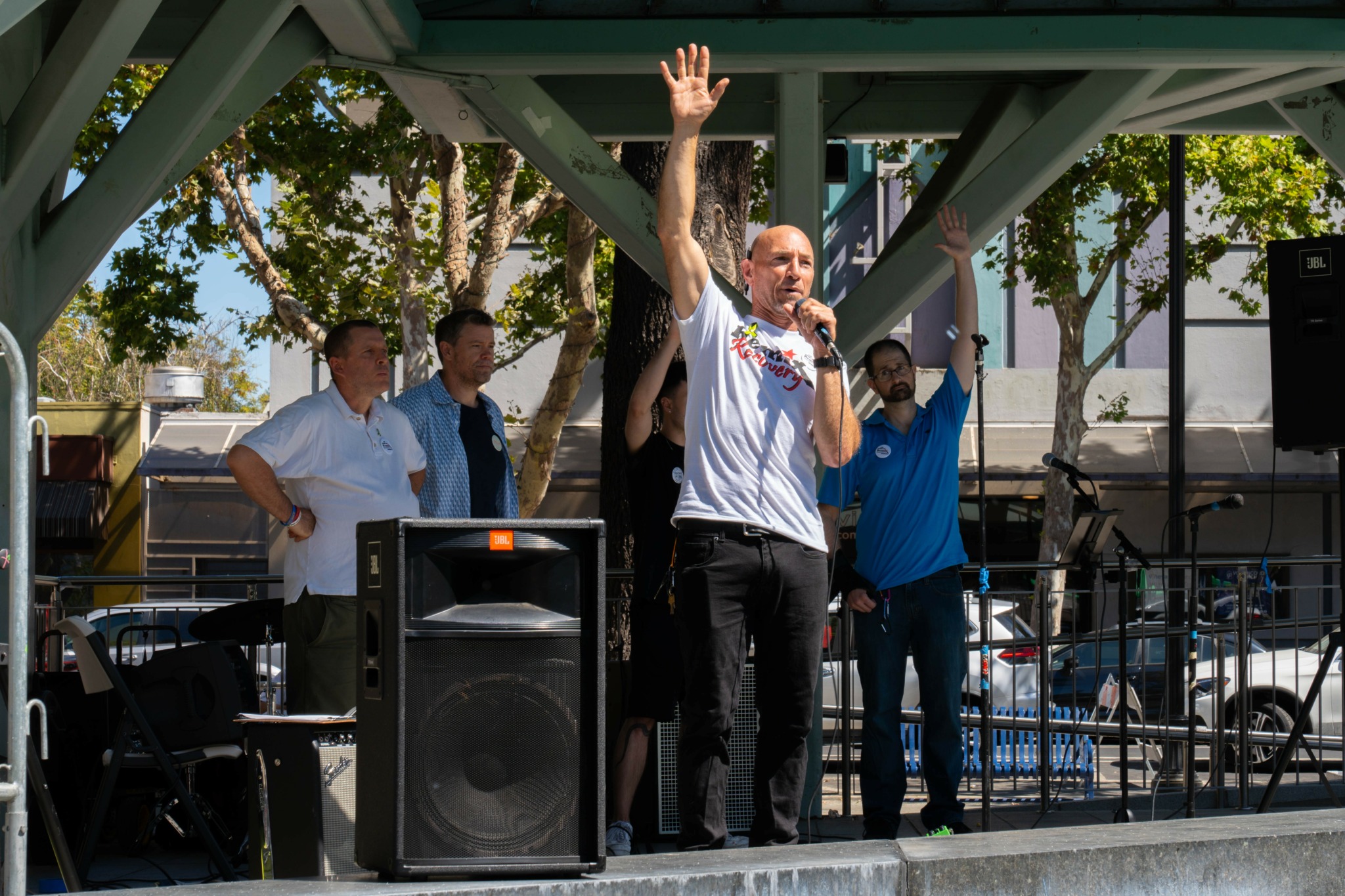
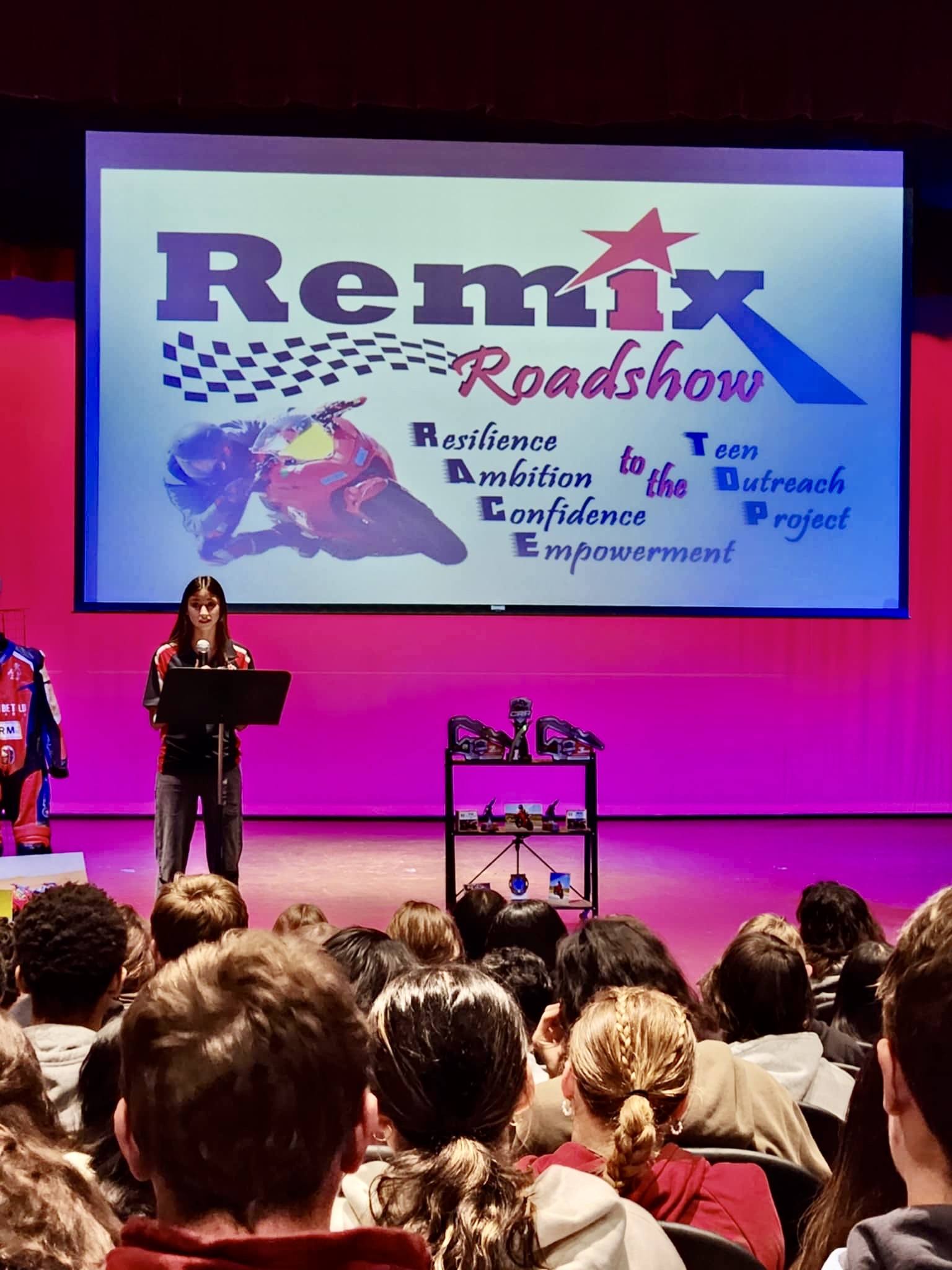
Can you tell us about a time you’ve had to pivot?
My first career was in sales and marketing, and I excelled at it. With degrees in psychology and sociology, I understood that the foundation of success in business lies in building strong, authentic relationships with customers and constituents. While I truly value the importance of that profession, it ultimately didn’t feed my soul. Compounding matters, I had developed a serious and devastating drug addiction that eventually eroded not only my career but nearly everything meaningful in my life.
When I finally turned things around and began my recovery journey, I felt compelled to reinvent myself entirely. Humbled by addiction and inspired through recovery, I sought a profession that would allow me to serve others in a more meaningful way. I returned to school to earn a graduate degree in social work and reentered the workforce as a licensed psychotherapist, specializing in the treatment of mental illness and substance addiction.
This second career has been both rewarding and deeply fulfilling. It has allowed me to align my professional path with my personal values—and for that, I could not be more grateful.
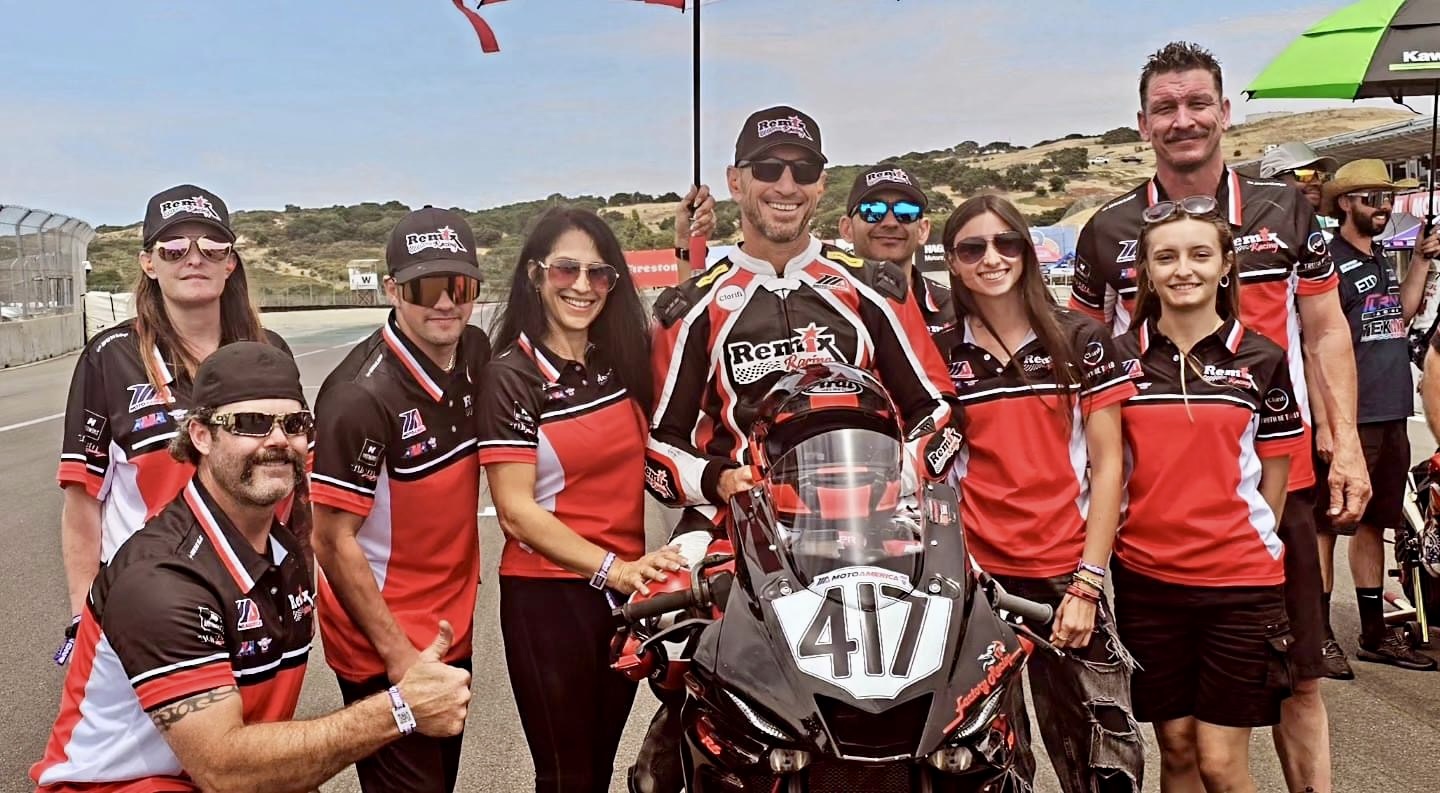
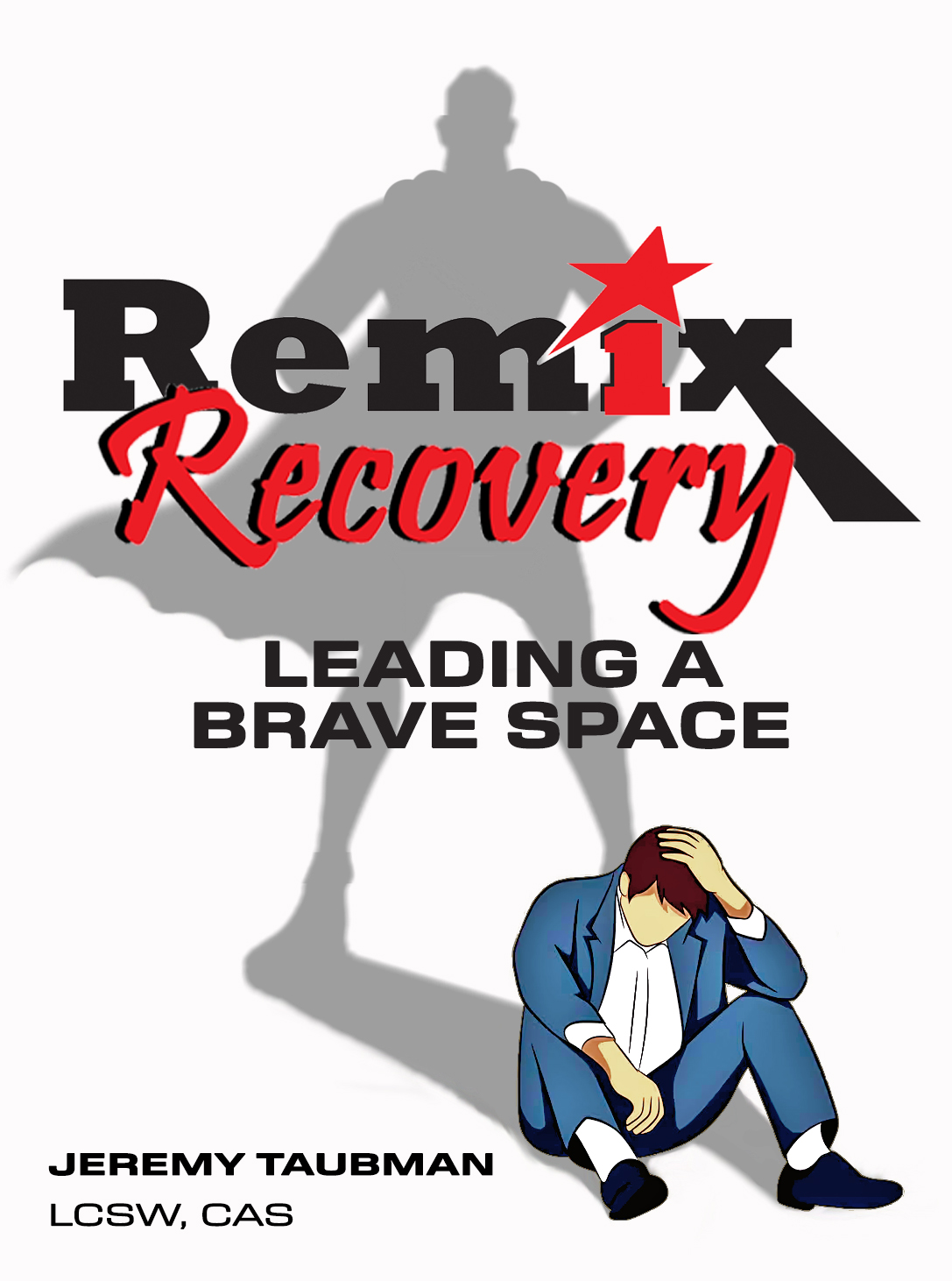
Can you tell us the story behind how you met your business partner?
Shanea Makinson—my business partner, co-founder and CFO of The Remix Racing Project, and the woman I am fortunate to call my girlfriend and life partner—is one of the most amazing, powerful, and inspiring individuals I have ever known. We first met at a motorcycle racetrack, drawn together by our shared passion for the sport. Shanea had grown up in a motorcycle-riding family and raised two children, both of whom have raced competitively.
Our first date was meant to be a quick one-hour motorcycle ride, but it turned into a 12-hour adventure. Over the course of that ride, we got to know each other through rich, deep, and brave conversations over our helmets’ intercoms. I learned that Shanea had survived aggressive breast cancer and had recently escaped a very abusive marriage (shared here with her permission). As much as I was moved by the challenges she had faced, what impressed me most was the resilience and positivity she maintained in the midst of such painful and difficult experiences. She was still in the earliest stages of healing and rebuilding her life, but already making remarkable strides—testament to her extraordinary strength of character.
I’ll admit, I had a crush on her at first sight, but I fell in love with the woman I came to know during that ride and every day since. As she reimagined her future and as part of her healing journey, she launched her own company, Truth Be Told Apparel, building it from the ground up into a rapidly growing success. Her savvy business sense, commitment to quality, and reputation for exceptional customer service fueled the brand’s expansion—an incredible achievement, made even more impressive by the fact that she was running it as a side venture while working full-time in government.
When we first began to envision The Remix Racing Project, I knew without a doubt that she would be the ideal business partner—just as she had already proven to be the perfect life partner. By the time we launched, I had come to know Shanea as someone who so naturally aligns her personal and professional values and has the rare ability to turn any endeavor into a success. Her strength, vision, and partnership remind me every day that when values and passion align, there is no limit to what can be achieved.
Contact Info:
- Website: www.remixrecovery.org / www.theremixracingproject.org
- Instagram: @remixrecovery / @remixracing @taubman.jeremy
- Facebook: Remix Recovery / The Remix Racing Project / Jeremy Taubman
- Linkedin: https://www.linkedin.com/in/jeremy-taubman-a80648139/
- Other: TikTok: @remixracing
